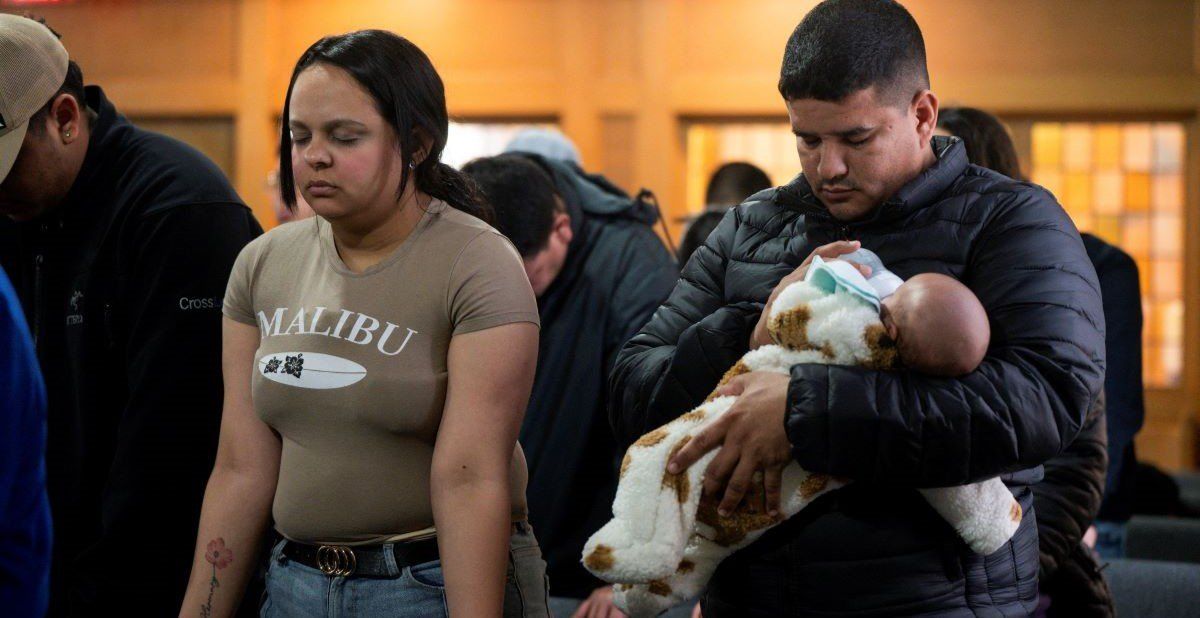50,000: Over the weekend, plans leaked that the Trump administration planned to target undocumented immigrants living in Chicago who have committed crimes – spurring the mayor to reaffirm the city’s commitment to being a sanctuary city. Chicago has struggled to respond to the 50,000 mostly Venezuelan migrants who have arrived in the city over the last two years but says that it will resist the president’s deportation plans.
7: Senate Democrats and Republicans are negotiating changes to a House-passed bill that would impose sanctions on the International Criminal Court over its alleged unfair targeting of Israeli officials ahead of a vote on Tuesday. Tech companies have raised concerns about potentially being affected by the sanctions, as they provide cybersecurity support to the ICC. All 53 Republicans are expected to support the bill, and at least seven Democrats are likely to vote for it as well. European officials, meanwhile, have expressed concern that the legislation could undermine the institution.
15: Global tech stocks plunged on Monday after Chinese startup DeepSeek launched a lower-cost AI model than US competitors, in what Marc Andreessen called AI’s “Sputnik moment.” DeepSeek’s assistant surpassed ChatGPT in Apple App Store downloads, triggering widespread sell-offs. Nvidia fell nearly 17%, leading the Nasdaq’s 3% decline. The startup claims its model uses less data and costs only $6 million to train, compared to competitors with much higher costs.
86.8: Belarus strongman Alexander Lukashenko, one of Vladimir Putin’s closest allies, secured another term on Sunday with 86.8% of the votes in an election widely condemned by Western leaders as fraudulent. With opposition leaders either imprisoned or exiled, and independent media banned, European officials dismissed the results as neither free nor fair.
300 billion: China is building the world’s largest hydropower dam in Tibet, with the potential to generate 300 billion kilowatt-hours of energy per year, triple that of the Three Gorges Dam. While crucial for China’s clean energy goals and economic stimulus, the project has sparked environmental and security concerns from neighboring India and Bangladesh who worry the project could threaten their water security.
